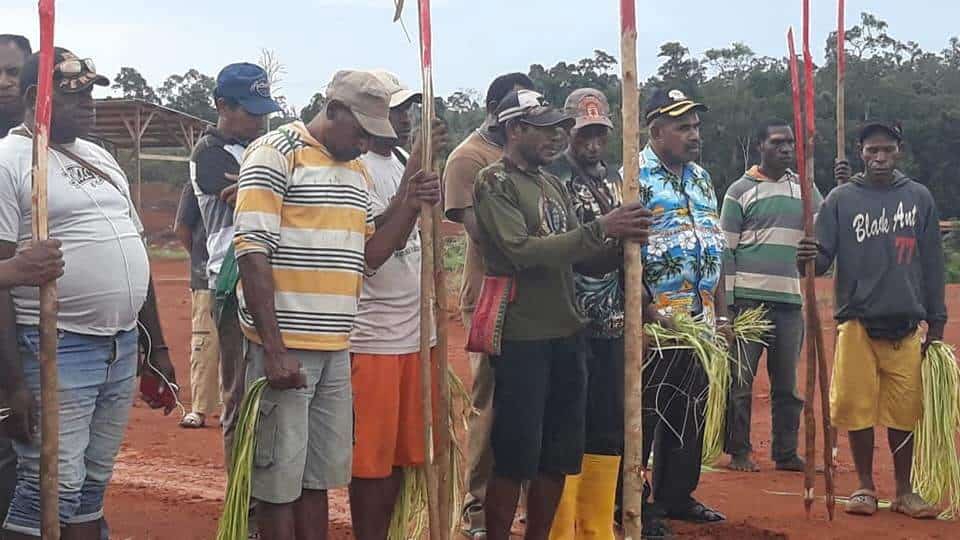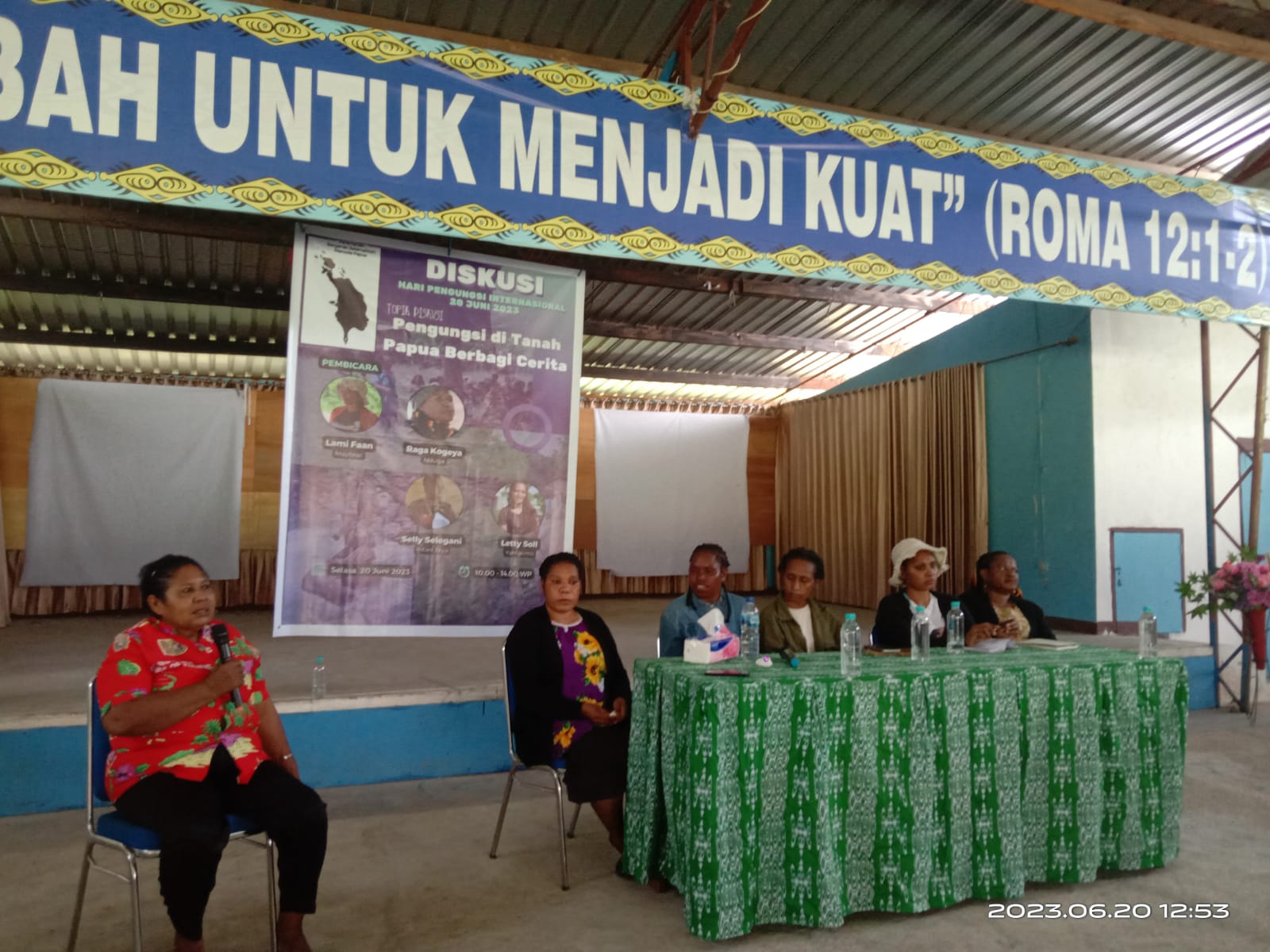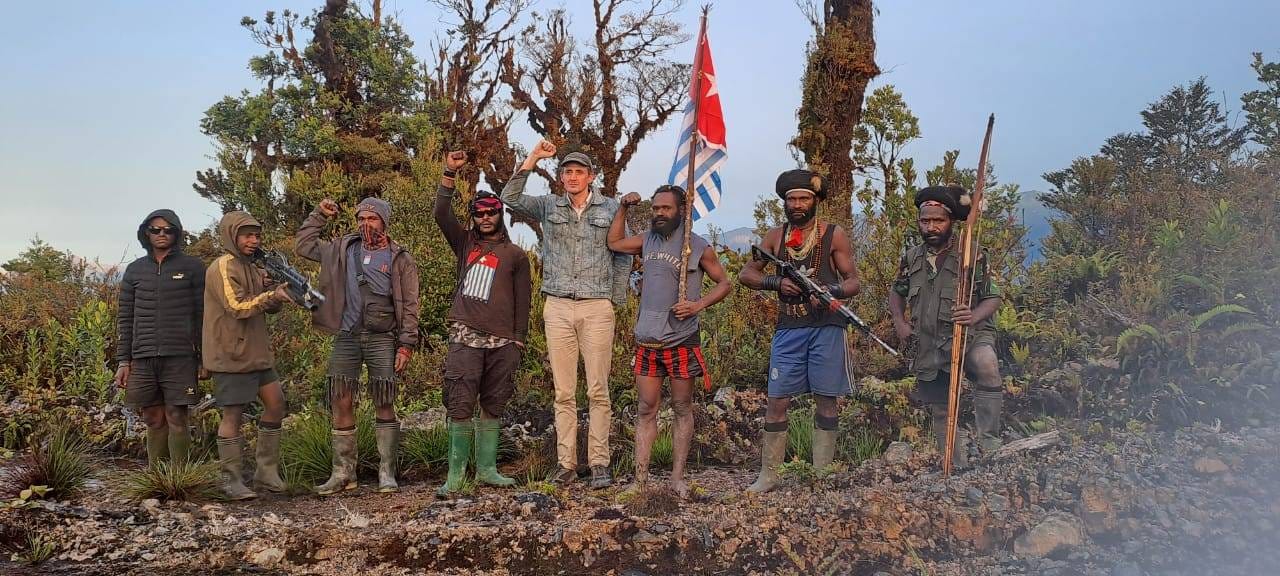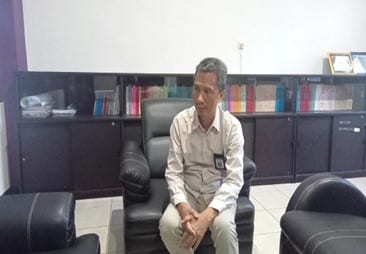
The Head of Campaign Division of Sawit Watch Maryo Saputra Sanuddin said that they had proposed the government to conduct a moratorium and overall evaluation on palm oil for a long time.
“In our term, it’s called a plantation audit to monitor whether the plantation size is the same as reflected in existing permits or not,” he said.
When companies break the permits, he continued, there is a potential for loss of income to the state.
“We can say there is an indication of corruption which also included as an important note in the moratorium so that the improvement of governance over palm oil plantation is truly beneficial to the community,” he said.
Up to now, the state has earned revenue of Rp 200 trillion from palm oil plantations which is the highest income in addition to the oil and gas sectors. To increase the state revenue, he suggests the government does not need to expand palm oil plantations but increases its productivity and conduct identification and good governance.
From the start, Sawit Watch has supported President Widodo’s statement in 2016 about the palm oil and mining moratorium. After the moratorium issued, Sawit Watch even keeps continuing to advocate and persuade the government to immediately stipulates this regulation (Inpres – President’s Instruction).
If there is no moratorium on the palm oil industry in Indonesia, forests in Indonesia then will turn into palm oil forests –no more primary forests and natural forests.
“Based on our data, there are approximately 20 million hectares of palm oil plantation throughout Indonesia in which1.8 million hectares located in Papua,” he said.
Palm oil plantations in Papua stretch from Merauke, Boven Digoel, Jayapura Regency, Keerom, Sarmi, Nabire and the mountainous area. “That’s amazed us. Why is there such palm oil plantation in the mountainous area? ”
However, Sanuddin said he doesn’t have an idea why the local government did not discuss the revenue from palm oil plantations with the central government. The local government solely get income from land and building taxes that only a few percents of the national income.
Furthermore, according to him, many Indonesian regions face the same problems in the palm oil sector, that are including the conflicts of land, plasma scheme and income received by landowners, especially on the disagreement the land use for palm oil plantations.
Meanwhile, the Head of Investment and Integrated Business Service (DPMPTSP) of Papua Province Jamal Tawarutubun said before issuing a business permit; a plantation company must fulfil a primary licence and other licenses such as a land-use permit from landowners, environmental impact assessment, and consent from indigenous people.
“If all done, we’ll issue the plantation business permit. It means all technical and administrative process is complete,” said Jamal.
He continued that these measures are taken to avoid such plantation inside of the forest area. For instance, in Boven Digoel, his office revoked a business permit from a company after conducting field monitoring and evaluation.
“We have done through the bottom-up stages,” he said.
According to him, the most important factor related to the permit is indigenous peoples. His office only issues a permit for the company based on indigenous peoples’ consent.
The permit for palm oil plantation applies for 35 years. The government do not intervene the company and landowners if they agree to extend the operating permit. However, he doesn’t know the specific size of palm oil plantations in Papua.
Meanwhile, the Director of Walhi Papua Aesh Rumbekwan said the palm oil moratorium is crucial. Good governance is not a new issue but a problem from the past. Moreover, he said now many major issues are arising as a result of oil palm plantations. When people lose their natural resource, it becomes a dilemma because people then only have the last option to be plasma farmers.
He continued that the community has their local wisdom and the government should look at it and develop it. The company comes offering job opportunities, yet develop many conflicts such as environmental problems, human rights violations, and land issues.
Therefore, he hopes, through the palm oil moratorium, the government would open access to the community to manage timber or non-timber resources for their welfare. (*)
Reporter: David Sobolim
Editor: Pipit Maizier














